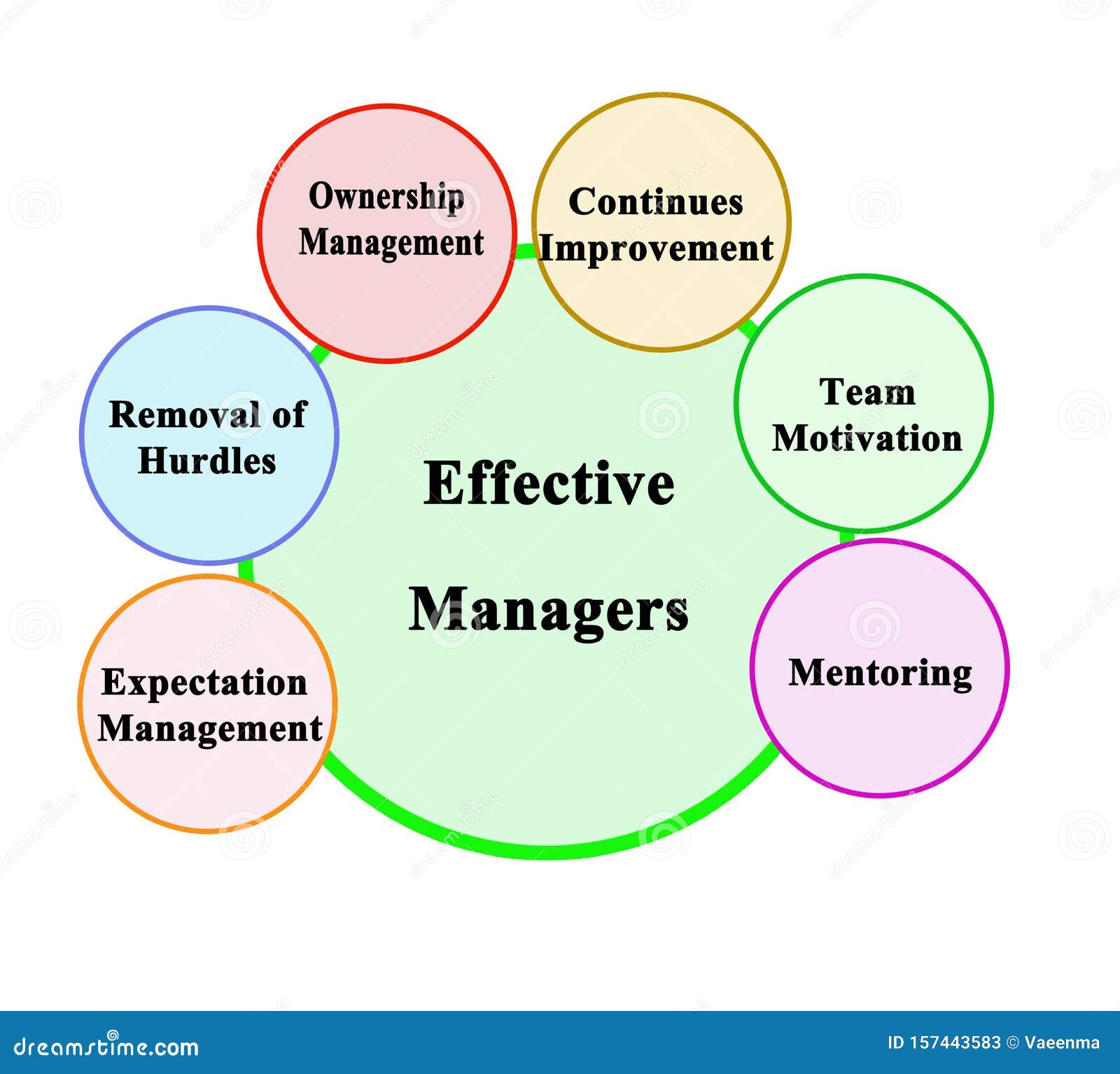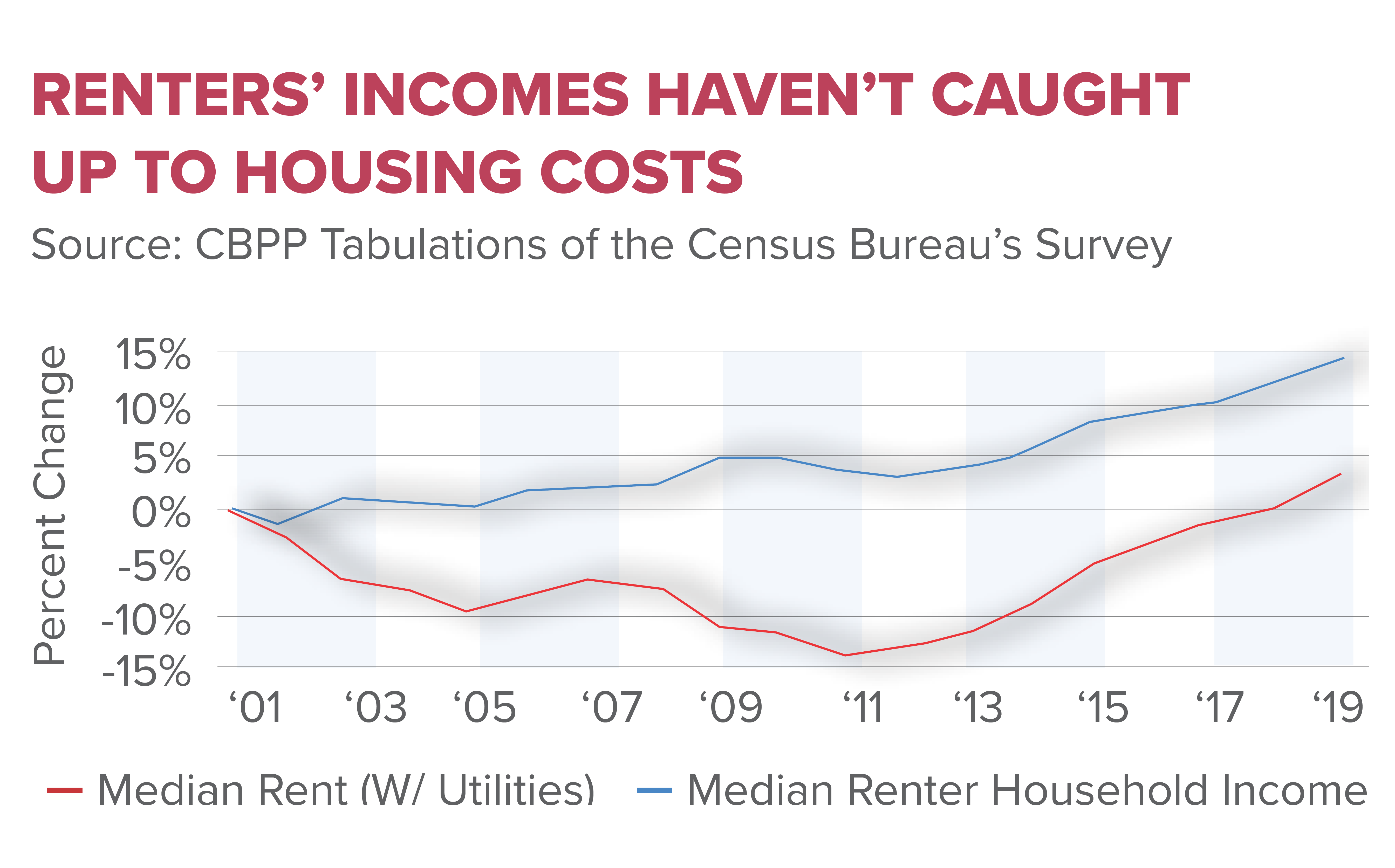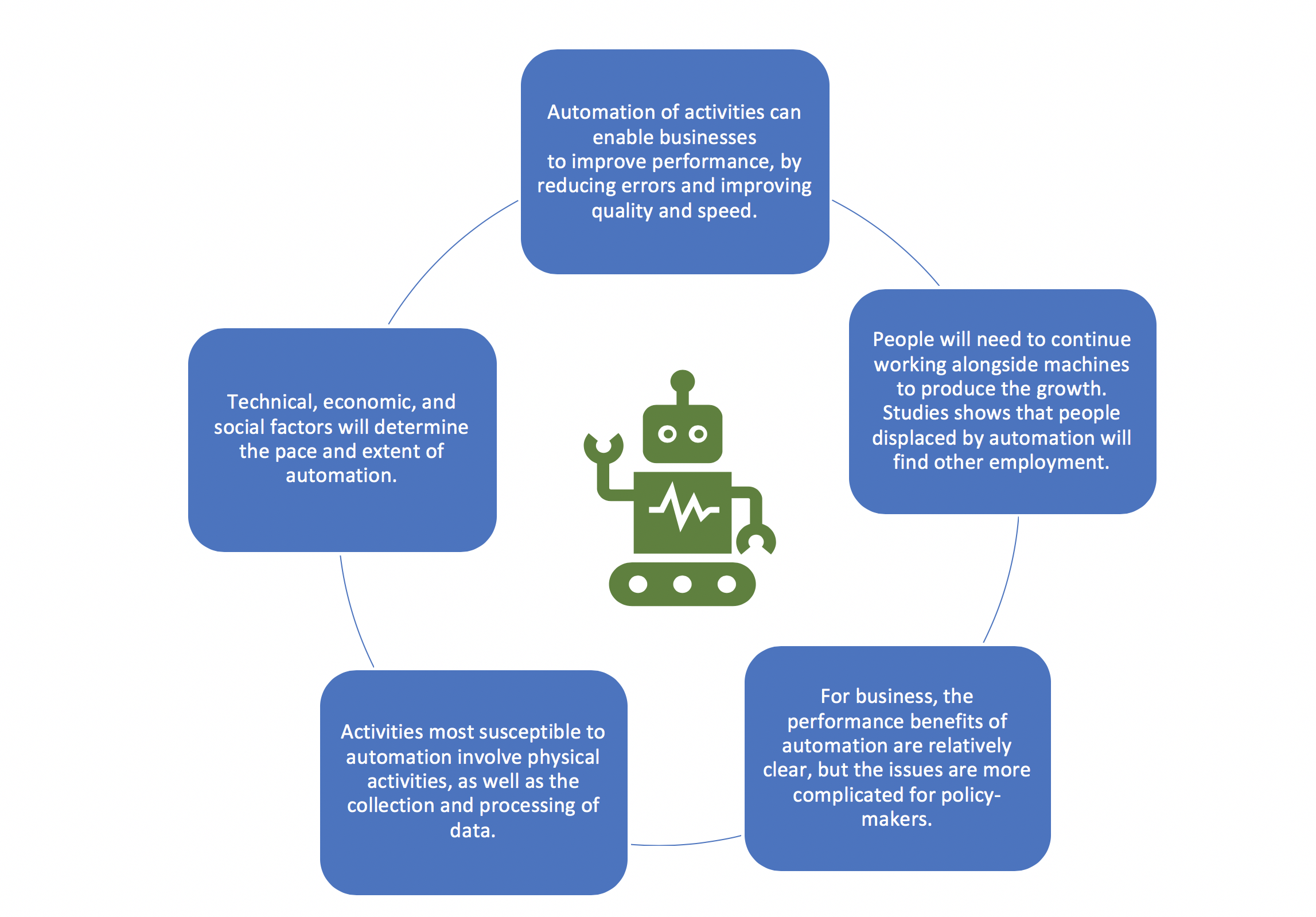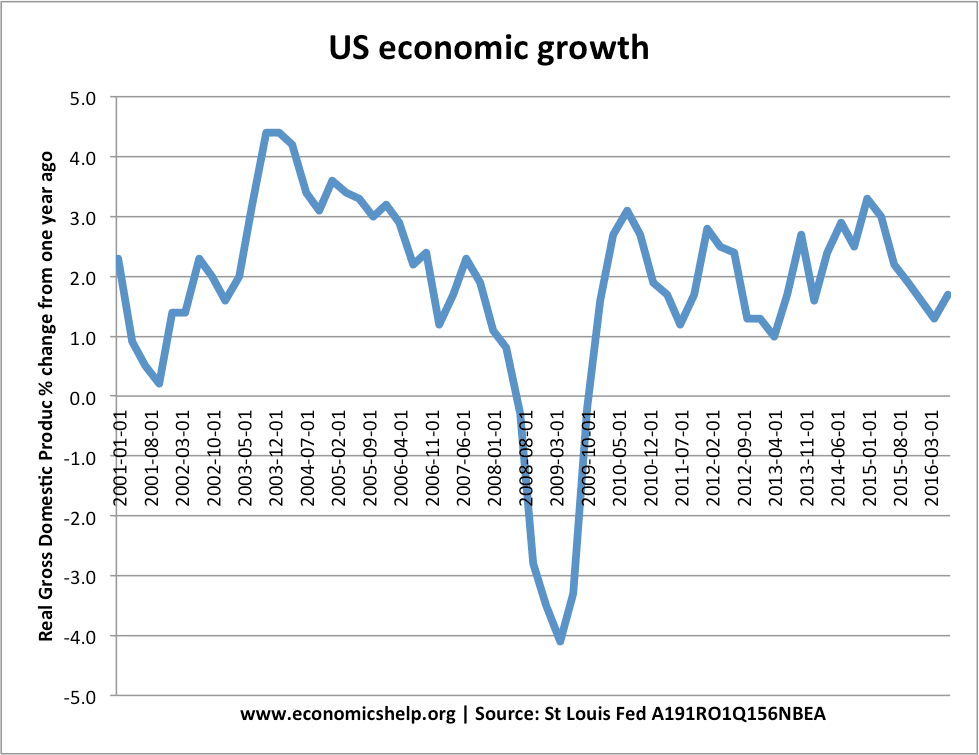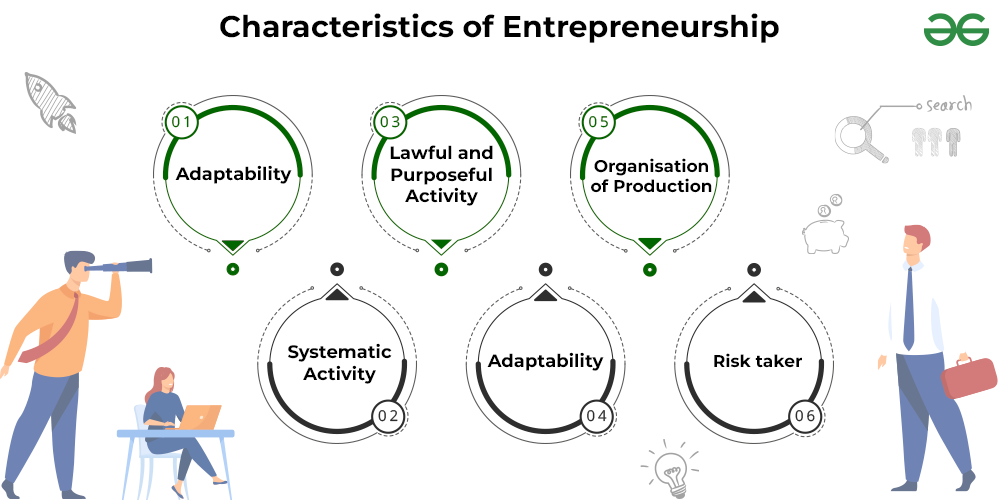Effective managers are the cornerstone of any thriving organization, acting as the driving force that propels teams towards success. Unfortunately, the path to identifying such individuals is riddled with challenges, as many companies mistakenly choose managers based solely on subjective traits or tenure rather than genuine leadership skills. A recent study highlights how crucial management effectiveness hinges on specific qualities that extend far beyond mere personality, showcasing the importance of analytical and strategic thinking. Effective managers possess a unique combination of interpersonal skills and cognitive capabilities, which enables them to allocate resources wisely and foster an environment of psychological safety. Understanding how to choose managers based on objective metrics can not only enhance team performance but also ensure that organizations achieve their strategic goals efficiently.
Good leadership is essential in the dynamic landscape of modern organizations, where effective oversight can significantly impact overall productivity. Individuals in managerial roles must embody certain characteristics that allow them to motivate and lead others beyond common perceptions of authority. In today’s fast-paced economy, successful leaders are not merely defined by their vocal presence but rather by their ability to navigate complex interactions and drive results. Understanding the traits of successful leaders goes hand-in-hand with recognizing how to effectively select individuals for management positions. By focusing on the true indicators of leadership capability, organizations can foster a culture that prioritizes strategic decision-making and team empowerment.
Understanding the Qualities of Good Managers
Effective management is predicated on a constellation of qualities that define what it means to be a good manager. These include strong interpersonal skills, which foster an environment of psychological safety within teams. In such settings, team members feel secure and are more likely to engage in honest communication. This atmosphere allows them to receive and provide critical feedback, which is vital for continuous improvement and productivity. Also critical are leadership skills that encompass effective communication. Good managers know that delivering feedback is not one-size-fits-all; they must tailor their messages to resonate with individual team members to foster engagement.
Moreover, analytical thinking plays a crucial role in good management. An effective manager must assess various work scenarios and determine the best approach to achieve organizational goals. This strategic vision extends beyond day-to-day operations, requiring managers to think long-term about where their organization is headed and how to adapt to changing dynamics. While these qualities might seem distinct, the intersection of strong interpersonal and analytical abilities is where exceptional management flourishes, ultimately defining the difference between an average manager and an effective one.
The Surprising Results of Managerial Inclination
A groundbreaking finding from recent studies suggests that individuals who actively seek out managerial roles may, surprisingly, be less effective in those positions compared to randomly assigned managers. This counterintuitive outcome raises important questions about how organizations select their leaders. The study showed that those who exhibit a strong desire for leadership often harbor an overconfidence that does not translate into effective management skills. This indicates a crucial disconnect between ambition and actual ability, which may result in misdirected hiring practices that overlook scientifically backed methods for identifying true managerial talent.
This revelation emphasizes the need for organizations to reassess their criteria for selecting managers. Relying on candidates’ eagerness to lead may overlook the fundamental qualities that indicate actual management effectiveness. As companies often prioritize personality traits and enthusiasm for leadership roles, they might inadvertently miss out on more qualified individuals who can manage teams effectively without the loud passion for authority. By focusing on evidence-based practices and the metrics that have shown to predict effective management, organizations can enhance their leadership structures and overall performance.
Key Indicators of Managerial Effectiveness
Research has identified two critical indicators that consistently predict effective management: cognitive ability and economic decision-making skills. The former, assessed through standardized tests like the Raven’s Progressive Matrices, indicates a manager’s problem-solving abilities and general intelligence, which are vital for navigating complex workplace dynamics. The second criterion, economic decision-making skill, revolves around a manager’s capacity to allocate resources wisely, demonstrating an understanding of both macro and micro organizational needs. These skills help managers make informed decisions under pressure, ultimately guiding their teams towards success.
These indicators reveal that traditional measures of managerial aptitude, which often focus on personality or previous experience, are insufficient. The focus should instead be on how well individuals can perform the tasks inherent to management, such as motivating teams and optimizing resource use. This scientific approach not only makes it easier to identify effective managers but also fosters a more equitable selection process that highlights capability over charisma, thus leading to improved organizational performance.
The Importance of Strategic Thinking in Management
For organizations wishing to thrive in competitive environments, effective management is not merely beneficial; it is essential. Good managers engage in strategic thinking, allowing them to navigate the complex landscapes that organizations face today. They analyze situations thoroughly and identify the core issues requiring attention, establishing priorities and determining resource allocation. Without this strategic vision, teams may flounder, losing sight of their goals and failing to respond adequately to challenges. Therefore, instilling strategic thinking in managers is crucial for success.
Moreover, a manager’s strategic vision is instrumental in mobilizing their team toward achieving broader organizational objectives. By effectively communicating this vision and facilitating collaboration, managers empower their teams to align their individual strengths with organizational goals. This creates an environment where employees feel valued and motivated, significantly contributing to enhanced productivity and morale. In essence, the capacity to think strategically is a hallmark of effective managers, making it a valuable trait in prospective candidates.
Choosing Effective Managers: A Scientific Approach
The process of selecting effective managers can benefit greatly from a systematic and scientific framework rather than relying solely on subjective judgments. Research underscores that organizations often fall into the trap of privileging traits such as age, experience, or even personal rapport over measurable competencies. Studies indicate that using scientifically validated measures like cognitive skill assessments can yield more accurate predictions about a candidate’s potential efficacy in managerial roles. By implementing these criteria, companies can experience substantial productivity gains, as they will have managers who are equipped with the right skills.
This shift from traditional hiring practices to more analytical methods represents a sea change in management selection. It encourages companies to scrutinize how well individuals can perform in their designated roles instead of simply fitting a preconceived mold of what a manager should be. By moving towards this evidence-based model, organizations not only diversify their managerial talent but also enhance their overall leadership effectiveness, ultimately benefiting their strategic goals and economic success.
The Role of Communication Skills in Leadership
Effective communication skills stand as a cornerstone of good management and leadership. Managers must articulate clear expectations, deliver constructive feedback, and foster open channels of communication within their teams. This ability not only reinforces psychological safety but also ensures that team members feel valued and heard. Engaging in dialogue rather than monologue, managers create an inclusive environment where everyone is encouraged to contribute ideas and solutions, leading to richer outcomes and a more cohesive team culture.
Furthermore, the nuances of communication—such as tone, body language, and timing—play a significant role in how messages are received. Effective managers recognize that different team members may require varied approaches when it comes to communication. Some may thrive in a direct feedback environment, while others may need a more gentle touch. By tailoring their communication strategies to meet the diverse needs of their team, effective managers can foster stronger relationships, improve morale, and drive the team towards achieving organizational objectives.
Why Good Managers Matter in Organizational Success
The importance of good managers extends beyond mere productivity; they are crucial to sustaining organizational health and navigating change. Effective management influences not only the performance of individual teams but also the overall culture and resilience of an organization. Managers serve as the bridge between executive strategic goals and frontline execution, ensuring that the vision of the organization translates into tangible results. Without competent managers, organizations may struggle to adapt to challenges or innovate effectively.
In today’s rapidly changing landscape, organizations face myriad challenges, from technological disruptions to shifts in workforce expectations. Good managers are those who not only excel in driving results but are also adept at fostering a culture of adaptability and continuous improvement. They equip their teams with the skills required to navigate uncertainties, encouraging innovation and collaboration in pursuit of common objectives. The impact of effective management, therefore, reverberates throughout the organization, influencing everything from employee engagement to customer satisfaction.
Recognizing Subtle Yet Effective Leadership Traits
Effective managers often possess understated yet powerful qualities that set them apart. Contrary to the stereotype of the loud, charismatic leader, sometimes the most effective managers are those who operate quietly yet decisively. These individuals may not always seek the spotlight, but they possess a keen sense of awareness about their team’s dynamics and strengths. By observing and understanding their team without overt intervention, they can foster a supportive environment that allows others to shine and contribute authentically.
This subtlety in management style can significantly influence team dynamics and productivity. Employees are more likely to take ownership of their roles when they feel supported yet allowed to express their unique talents freely. Hence, good managers recognize that leadership is as much about listening and facilitating as it is about directing. By cultivating a management style that embraces these understated qualities, organizations can nurture a generation of leaders who thrive on collaboration and mutual respect.
Innovative Methods for Identifying Competent Managers
To effectively identify capable managers, organizations can leverage innovative, science-driven methodologies. By moving beyond subjective assessments, companies can apply experimental approaches, such as placing individuals in simulated managerial scenarios, to gauge their capabilities in real-time. This method allows for direct observation of behaviors and decision-making processes under the complexities that characterize actual managerial roles, facilitating a clearer understanding of individual management styles.
Incorporating scientific testing methods not only aids in pinpointing effective managers but also provides organizations with data-driven insights that enhance their hiring practices. This data-centric approach can lead to significant improvements in overall productivity and employee satisfaction, as managers who are scientifically chosen to lead are more likely to succeed in guiding their teams toward achieving organizational objectives. Subsequently, employing such methodologies can establish a foundational shift in how organizations perceive and implement management strategies.
Frequently Asked Questions
What are the key qualities of effective managers that contribute to management effectiveness?
Effective managers possess several key qualities essential for management effectiveness, including strong interpersonal skills, the ability to communicate clearly, analytical thinking, and strategic vision. They foster psychological safety within their teams, enabling open communication and a culture of constructive feedback. Additionally, effective managers adapt their approaches to meet the needs of their team, understanding that different situations require different management tactics.
How do leadership skills influence the selection of effective managers?
Leadership skills play a crucial role in identifying effective managers, as they encompass the ability to inspire, motivate, and guide a team towards achieving organizational goals. Leaders who demonstrate strong decision-making capabilities, resource allocation skills, and an understanding of team dynamics tend to excel in management roles. These skills ensure managers can navigate challenges and leverage their team’s strengths efficiently.
What traits are commonly associated with successful leaders in management?
Traits commonly associated with successful leaders include effective communication, empathy, adaptability, resilience, and a strategic mindset. These qualities help leaders strategize effectively, build trust within their teams, and foster a positive workplace culture. Remarkably, successful managers are often those who can combine these traits with practical skills such as problem-solving and critical thinking.
What is the best way to choose managers for effective team leadership?
Choosing effective managers involves utilizing evidence-based metrics rather than relying purely on personality or preference. Companies should consider candidates’ IQ levels and their economic-decision-making skills, as studies show these factors highly correlate with effective management abilities. Implementing assessment tools and simulations during the hiring process can help identify individuals who possess the necessary attributes for successful leadership roles.
Why are good managers essential for organizational success?
Good managers are essential for organizational success as they provide direction and clarity, aligning teams with broader strategic objectives. Their ability to manage resources effectively, optimize team performance, and communicate well is crucial for navigating complex challenges and driving productivity. Effective management ensures tasks are completed efficiently, fostering an environment where all team members can thrive and contribute to the organization’s goals.
| Key Points | Details |
|---|---|
| Challenges in Choosing Managers | Most companies select managers based on personality traits, age, or experience, which may not be effective. |
| Effective Manager Traits | Successful managers exhibit interpersonal skills, analytical abilities, and strategic vision. |
| Surprising Study Findings | Individuals with a strong desire for leadership tend to be less effective than those chosen randomly. |
| Key Indicators of Effective Managers | The most reliable predictors are IQ and economic-decision-making skill, rather than personality or experience. |
| Importance of Good Management | Effective managers are crucial for organizational success and resource allocation. |
| Methodology for Identifying Managers | A scientific approach to selecting managers can improve productivity and effectiveness. |
Summary
Effective managers are essential for organizational success, as their capabilities directly correlate with improved productivity and resource management. The study underscores the common pitfalls in manager selection, emphasizing that relying on personality traits or age can lead to ineffectiveness. Instead, by focusing on intelligence and decision-making skills, organizations can better identify those truly capable of leading teams effectively. Embracing a more analytical approach to management selection could significantly enhance an organization’s overall performance.
